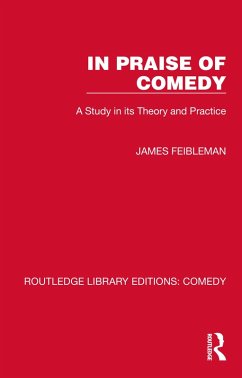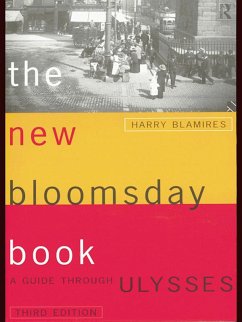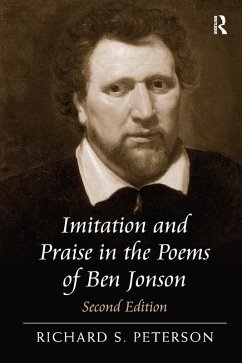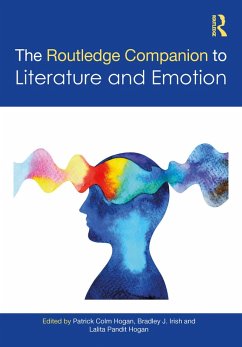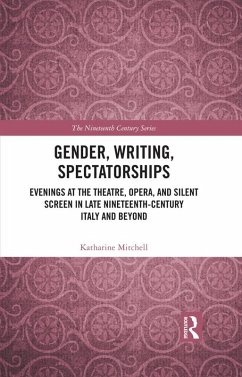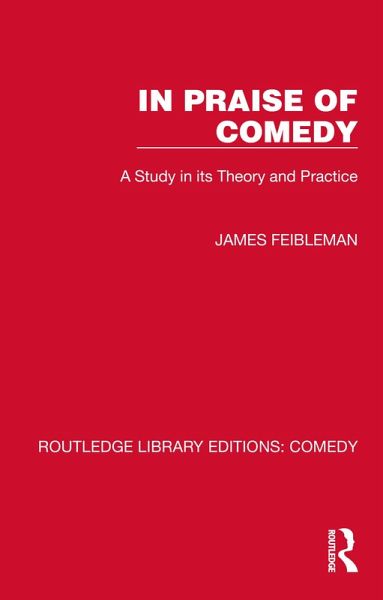
In Praise of Comedy (eBook, PDF)
A Study in its Theory and Practice

PAYBACK Punkte
15 °P sammeln!
First published in 1939, the original blurb reads: We have learned much lately concerning theories of laughter, yet laughter is only what we do about comedy. What is comedy itself?In this work the history of comic instances is combed in the search for the truth about comedy. Today, when laughter is stifled in so many countries, an exposition of comedy shows it to have a universal and necessary character. Comedy, as its natures reveals, is one criterion of the state of human culture; it is highly contemporary and requires freedom - but freedom for adventure, not for routine.After a chapter devo...
First published in 1939, the original blurb reads: We have learned much lately concerning theories of laughter, yet laughter is only what we do about comedy. What is comedy itself?
In this work the history of comic instances is combed in the search for the truth about comedy. Today, when laughter is stifled in so many countries, an exposition of comedy shows it to have a universal and necessary character. Comedy, as its natures reveals, is one criterion of the state of human culture; it is highly contemporary and requires freedom - but freedom for adventure, not for routine.
After a chapter devoted to the explanation of a logical theory of comedy, the modern comedians are examined, and the humour of every one, from the Marx Brothers to surrealism, from Gertrude Stein to Mickey Mouse, from James Joyce to Charlie Chaplin, is shown to be a constant, inherent in the same set of unchanging conditions.
In this work the history of comic instances is combed in the search for the truth about comedy. Today, when laughter is stifled in so many countries, an exposition of comedy shows it to have a universal and necessary character. Comedy, as its natures reveals, is one criterion of the state of human culture; it is highly contemporary and requires freedom - but freedom for adventure, not for routine.
After a chapter devoted to the explanation of a logical theory of comedy, the modern comedians are examined, and the humour of every one, from the Marx Brothers to surrealism, from Gertrude Stein to Mickey Mouse, from James Joyce to Charlie Chaplin, is shown to be a constant, inherent in the same set of unchanging conditions.
Dieser Download kann aus rechtlichen Gründen nur mit Rechnungsadresse in A, B, BG, CY, CZ, D, DK, EW, E, FIN, F, GR, HR, H, IRL, I, LT, L, LR, M, NL, PL, P, R, S, SLO, SK ausgeliefert werden.




